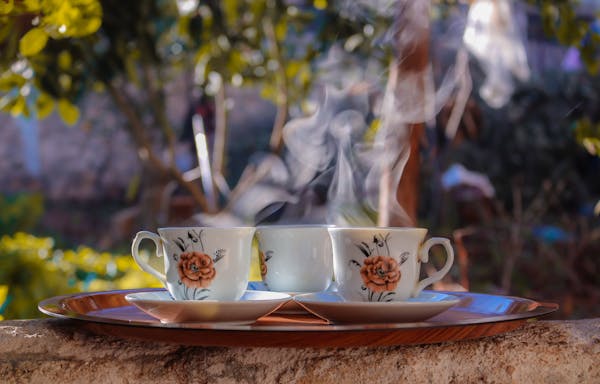Brewing Success: The Thriving Tea Business in Pakistan
Introduction:
Tea holds a special place in the hearts and homes of millions of Pakistanis, making it an integral part of the country's culture and traditions. The tea business in Pakistan has evolved significantly over the years, reflecting the nation's diverse tastes and preferences. From traditional chai dhabas to modern tea houses, the industry has witnessed a surge in innovation and growth, contributing both economically and culturally to the nation.
Historical Roots:
Tea has a rich history in Pakistan, dating back to the British colonial era when it was introduced as a commercial crop. Over time, tea became deeply ingrained in the local culture, transcending socio-economic boundaries. Today, Pakistan is one of the largest consumers of tea in the world, with a strong tea-drinking culture that spans across regions and communities.
Varieties of Tea:
The Pakistani tea market is known for its diverse range of teas, catering to the varied tastes of its population. While traditional chai remains a staple, there is a growing demand for specialty teas, including green tea, herbal blends, and flavored infusions. The emergence of boutique tea shops and artisanal tea brands has contributed to this shift, appealing to a more discerning consumer base.
The Chai Dhaba Culture:
Chai dhabas, or roadside tea stalls, have been an iconic feature of Pakistani society for decades. These humble establishments offer a simple yet authentic tea-drinking experience, attracting people from all walks of life. The chai dhaba culture has not only contributed to the popularity of tea but has also become a social hub where people gather to discuss everything from politics to sports.
Modern Tea Houses and Cafes:
In recent years, there has been a noticeable trend towards modern tea houses and cafés in urban centers across Pakistan. These establishments offer a more sophisticated and diverse tea experience, with a focus on quality, ambiance, and customer service. From high-end tea lounges in Lahore to cozy tea cafés in Karachi, the tea business in Pakistan has adapted to cater to the evolving tastes of a more cosmopolitan clientele.
Export and Economic Impact:
Pakistan is not only a major consumer of tea but also a significant player in the global tea market. The country exports a considerable quantity of tea, contributing to its foreign exchange earnings. Pakistani tea, known for its unique flavor profile, is sought after in international markets, further boosting the economic significance of the tea industry.
Challenges and Opportunities:
While the tea business in Pakistan is thriving, it faces certain challenges, including fluctuations in global tea prices, climate change affecting tea production, and competition from other beverages. However, these challenges also present opportunities for innovation, sustainable practices, and the development of value-added tea products.
Conclusion:
The tea business in Pakistan is a dynamic and resilient industry that continues to evolve with changing consumer preferences and market trends. From the ubiquitous chai dhabas to upscale tea houses, the love for tea transcends social, economic, and cultural boundaries. As the industry navigates the challenges ahead, it is poised to contribute even more significantly to Pakistan's economy and cultural heritage, ensuring that the soothing aroma of a freshly brewed cup of tea remains an integral part of the nation's identity.



